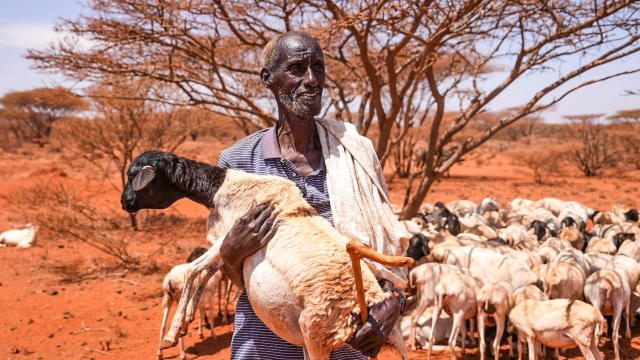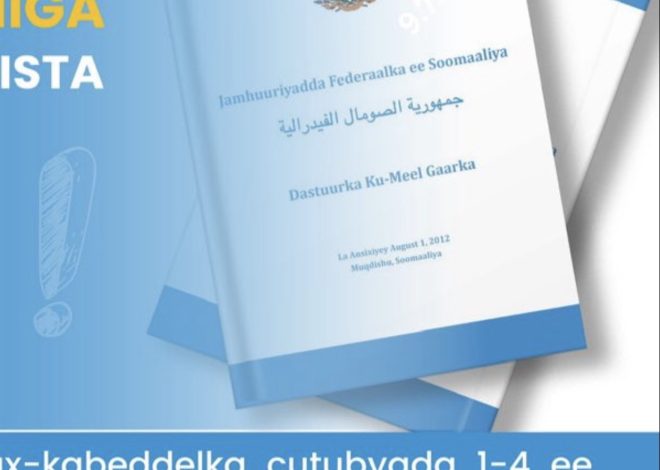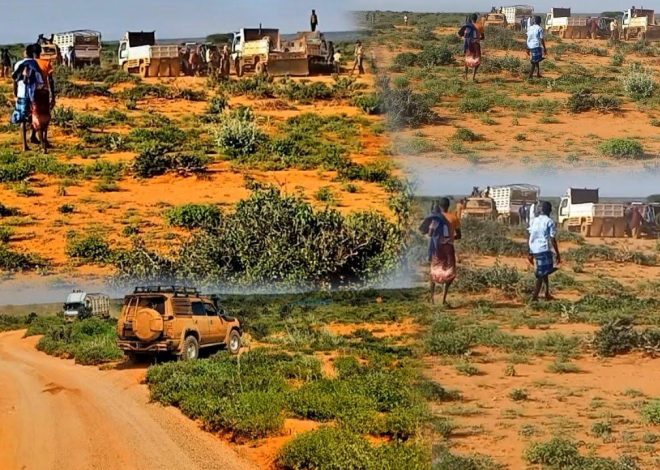Somalia famine to be declared next month, despite years of warning signs.
After four consecutive years of drought, parts of Somalia are projected to enter a famine next month, based on new reports about acute food insecurity in the region. Despite warning signs from humanitarian groups for years about the dire situation facing the East African country’s 16 million residents, experts say, world leaders have essentially turned the other way.

“There are early warning mechanisms, social protection mechanisms [and] things that could trigger what we call anticipatory action,” said Abby Maxman, president of Oxfam America, a global organization that focuses on the alleviation of global poverty. “What’s most frustrating is we’ve been sounding the alarm for some time, and yet the system isn’t responding timely enough. Those warnings are not being heeded.”
A famine is a rare and specific declaration made by the United Nations and national governments, according to the IPC. The designation is made when at least 20% of households are facing an extreme lack of food, about 30% of children are suffering from acute malnutrition, and 2 people of every 10,000 are dying each day due to outright starvation or to the interaction of malnutrition and disease.
Leaders from many of the world’s richest and most polluting countries have made pledges over the last decade to curb global warming by taking “meaningful and effective actions,” but activists say the efforts have not gone nearly far enough, and no concrete plans have been agreed upon.
“The rich and powerful countries have a moral duty to respond, to save lives and to take responsibility to be held accountable for the causes that are making those at the bottom suffer disproportionately,” Maxman told Yahoo News.
United Nations humanitarian chief Martin Griffiths said earlier this month that the current crisis in Somalia is so bad that he has seen starving babies too weak to cry.
“You feel like you’re looking at the face of death,” Mercy Corps CEO Tjada McKenna told the Associated Press after visiting the dilapidated city of Baidoa, where young children and pregnant women had no food to eat and no water to drink. “For every one person I saw, imagine all the people who couldn’t get that far. And so many people were arriving each day.”



